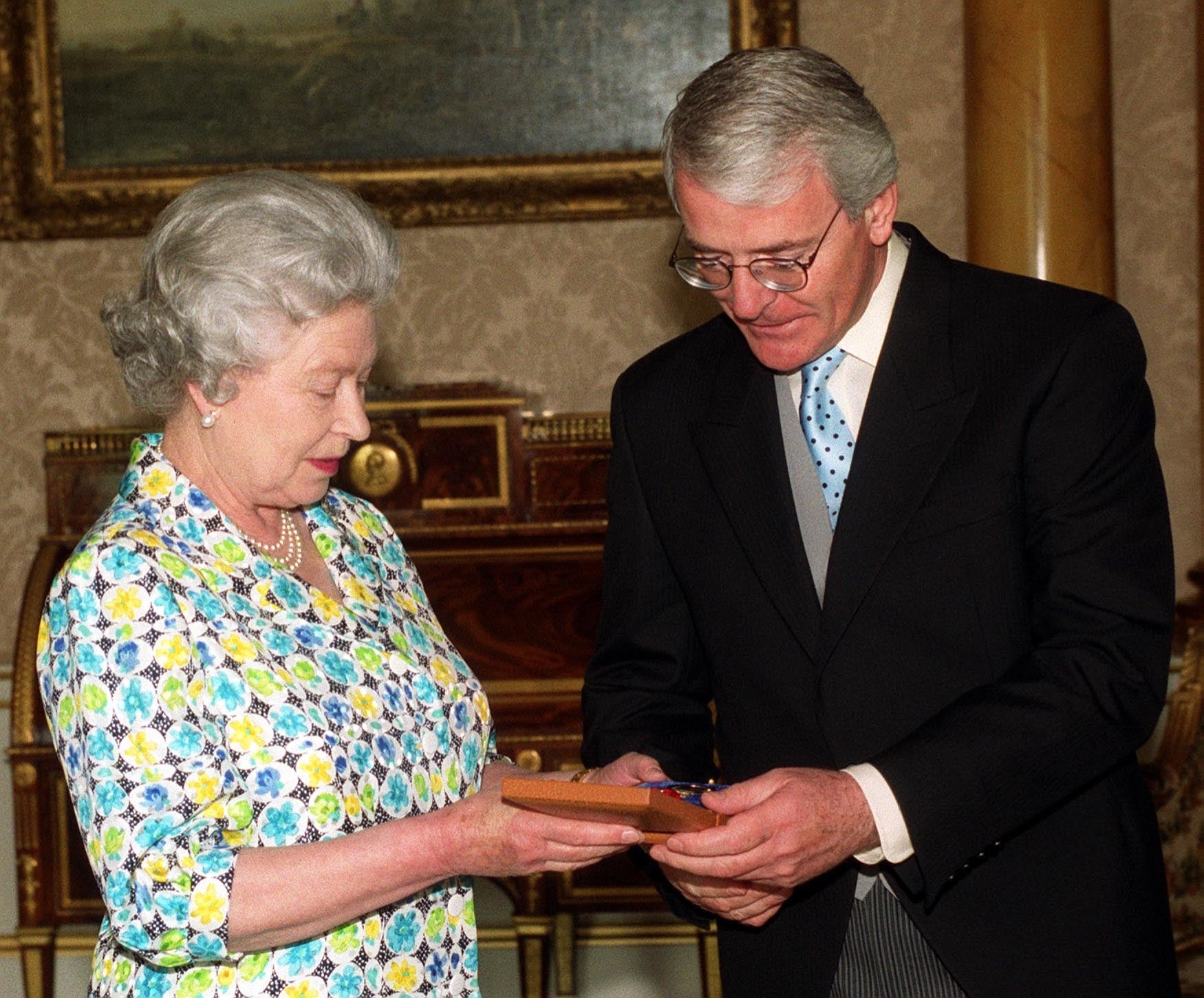Boris Johnson no-confidence vote: the key numbers that will decide PM’s fate
PM needs support of 180 MPs to survive as leader
Your support helps us to tell the story
From reproductive rights to climate change to Big Tech, The Independent is on the ground when the story is developing. Whether it's investigating the financials of Elon Musk's pro-Trump PAC or producing our latest documentary, 'The A Word', which shines a light on the American women fighting for reproductive rights, we know how important it is to parse out the facts from the messaging.
At such a critical moment in US history, we need reporters on the ground. Your donation allows us to keep sending journalists to speak to both sides of the story.
The Independent is trusted by Americans across the entire political spectrum. And unlike many other quality news outlets, we choose not to lock Americans out of our reporting and analysis with paywalls. We believe quality journalism should be available to everyone, paid for by those who can afford it.
Your support makes all the difference.Boris Johnson will face a no-confidence vote in his leadership on Monday evening and needs to secure over 50 per cent of his MPs’ support to win.
However, even if he does win, he still faces an extremely uncertain future. Whether he can reassert himself as the right man to lead the Conservatives will depend on how successfully he wins the vote this evening.
Here are the key numbers to look out for ahead of the ballot:

15% of the parliamentary party
Under Conservative Party rules, a leadership contest is triggered when 15 per cent of the party’s MPs write to the 1922 Committee demanding a change in leader.
54 letters
There are currently 359 serving Tory MPs so 54 letters of no confidence were needed to trigger a ballot.
The letters are confidential and the only person who knows how many have been submitted is committee chair Sir Graham Brady.
180 MPs
In the vote this evening, Mr Johnson will have to win 180 votes to stay as leader of the Conservative party and as prime minister.
This is the equivalent of over 50 per cent of the MPs’ vote.
133 votes
If the rebels secure 133 votes then Mr Johnson will have done as badly in the ballot as Theresa May did in 2018.
Ms May was forced to resign around six months after the vote of no-confidence because she felt she had lost the support of her party.
In 2018, a total of 317 Tory MPs were able to vote, meaning Ms May needed to win at least 159 votes to win a majority.

200 MPs, or 63 per cent of the party, said they had confidence in Ms May. But 117 MPs, 37 per cent, said they had no confidence in her.
121 votes
If Tory rebels win 121 votes in favour of removing Mr Johnson then the PM will have done as badly as John Major in his vote of no-confidence in 1995.
In 1995, Mr Major needed a simple majority of the 329 Conservative MPs in the House of Commons to win the contest.
But although he secured 218 votes from 66 per cent of his MPs, 111 MPs – a third of the party – either voted against him, spoiled their ballot papers or abstained.
Mr Major had a cabinet re-shuffle following his victory. He remained as leader until he was defeated in the 1997 general election by Tony Blair.

54%
If Mr Johnson secures the support of 54 per cent of his MPs at tonight’s vote, he will have done as well as Margaret Thatcher when she faced a leadership challenge from Michael Heseltine.
In 1990, there were 372 Tory MPs in parliament. A majority of at least 56 votes was required for Margaret Thatcher to win. Ms Thatcher secured 204 votes, at little over 54 per cent, and her challenger Michael Heseltine won 152 votes.

The Conservative party had a different system for defenestrating their leaders in the 1990s and Ms Thatcher failed to win the leadership challenge outright in the first round. She was persuaded to step down before the second round vote took place.


Join our commenting forum
Join thought-provoking conversations, follow other Independent readers and see their replies
Comments